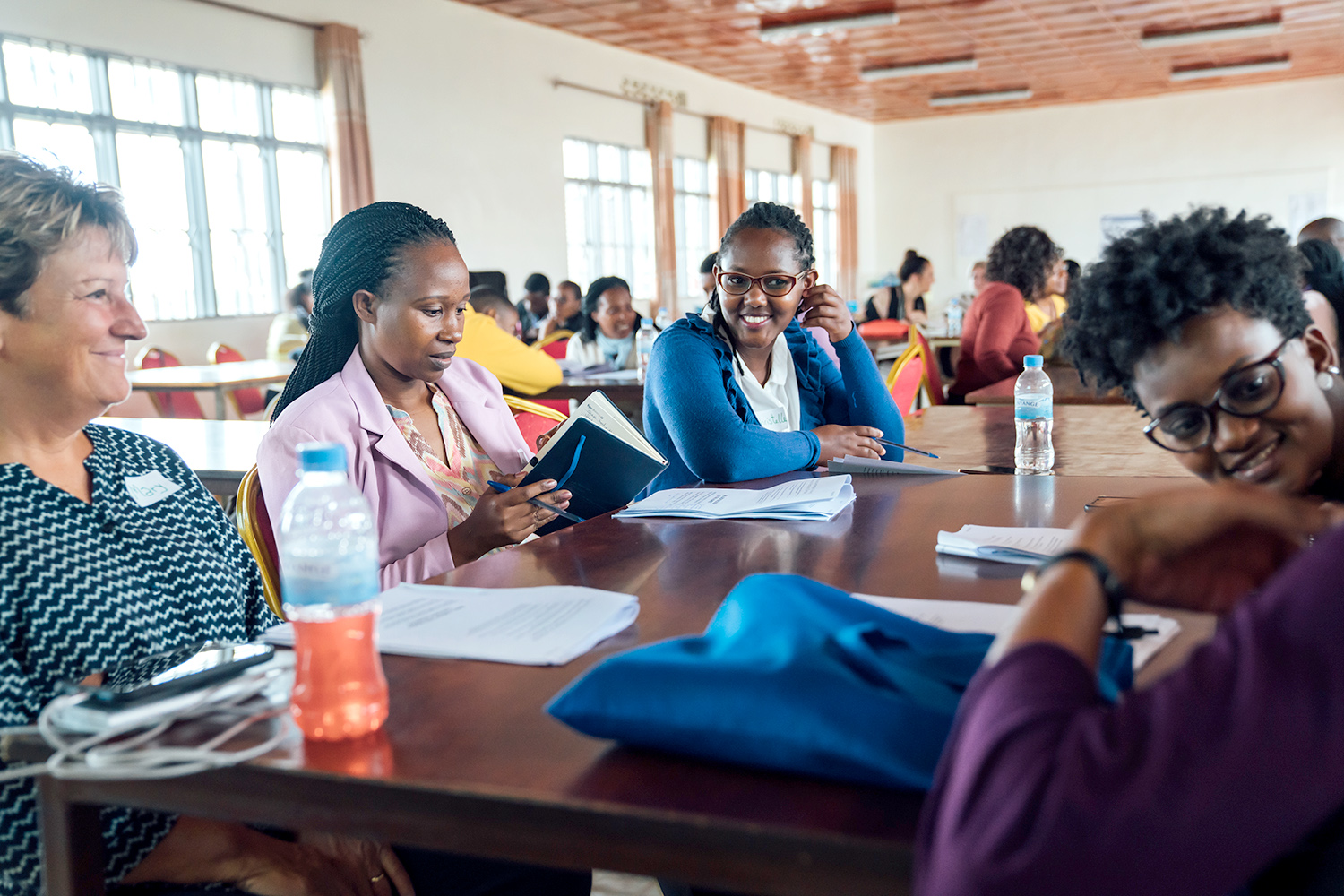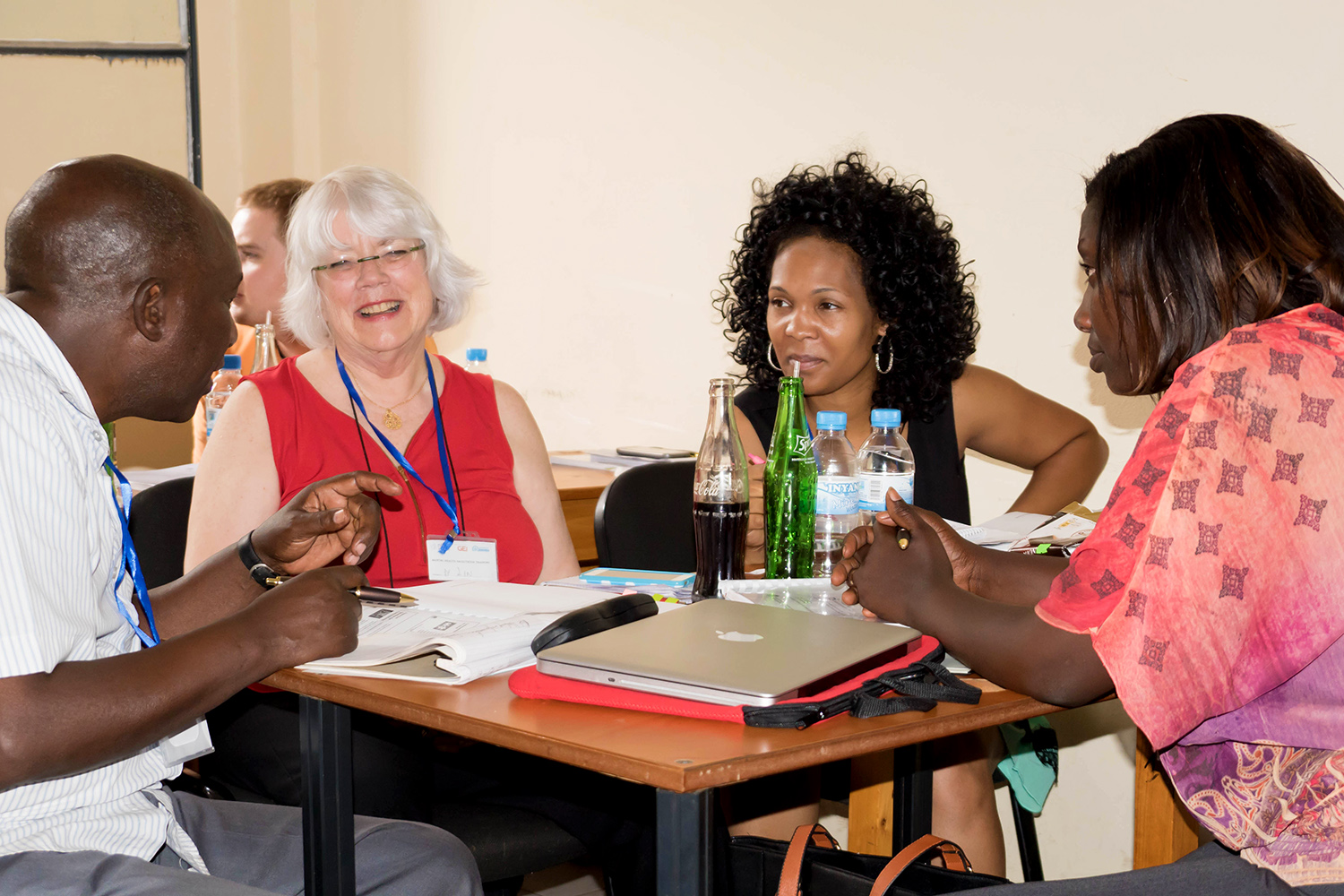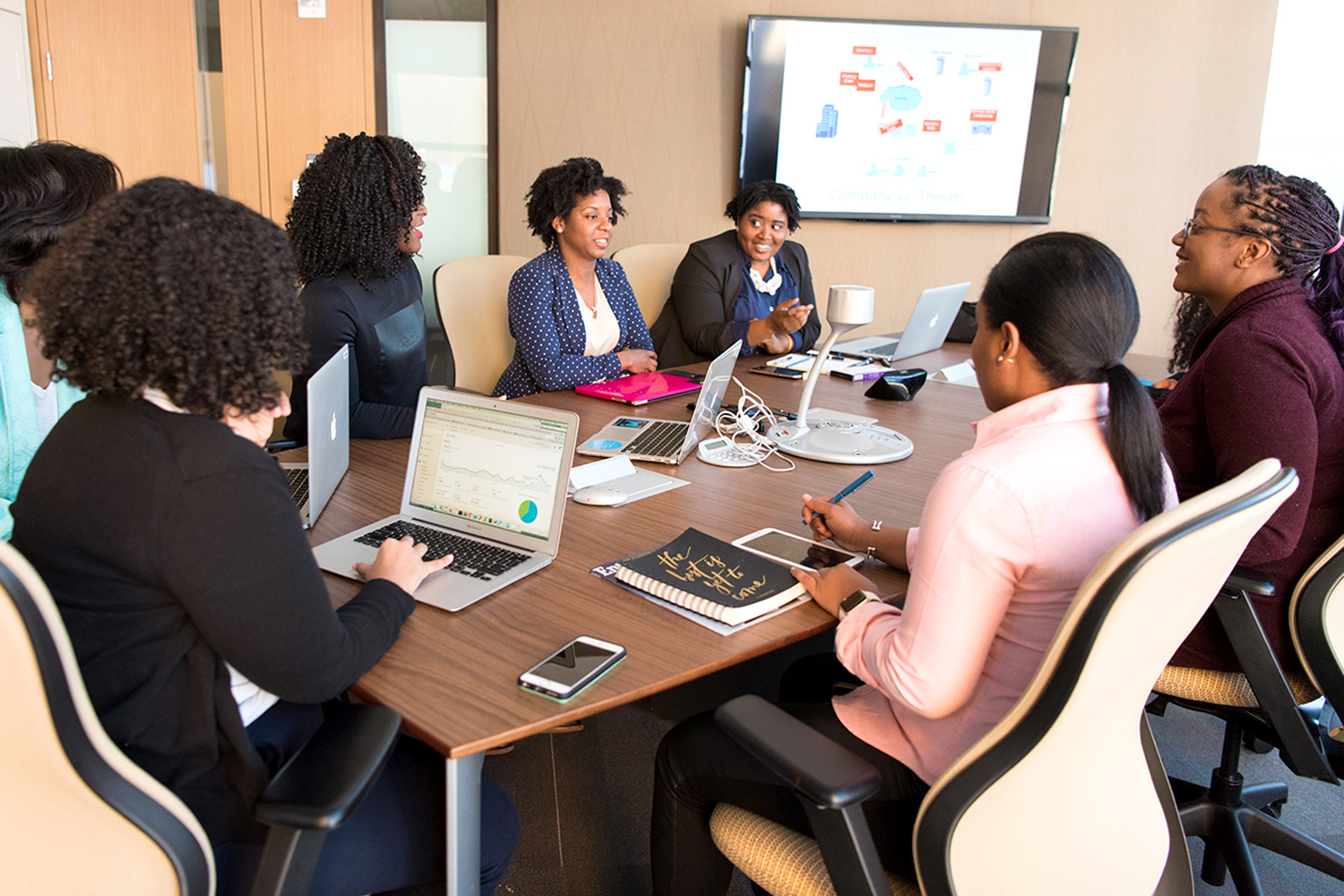Why Core Competencies for Mental Health?
According to a recent Gallup article, the next global health crisis is a mental health pandemic. For the past decade – long before COVID-19 but significantly further accelerated as a result -, anger, stress, worry, and sadness have been on the rise around the world. 20% of adults globally report a mental illness every year. And the number of unreported cases is espected to be much higher. Gallup estimates that 7 in 10 people are struggling or suffering.
Competencies in mental health and wellbeing are crucial not only for mental health professionals. Practicing self-care can cultivate resilience and better equip us to deal with a personal crisis. In fact, clinical studies have proven that engaging in a self-care routine can reduce or eliminate anxiety and depression, reduce stress, and increase happiness.
What’s more, countries in Africa face limited resources and a severe shortage of mental health professionals. In order to bridge this gap, the development of an army of laypersons with core competencies to help someone with a mental health or substance use challenge is absolutely crucial.
As a result, mHub works with development partners and civil society organizations in Africa to develop such core competencies and hence meet population mental health needs. Scroll down to learn more about our programs and services: First Aid for Mental Health training, Trauma Coach training, Trauma-Informed Practice training, and Psychosocial support for humanitarian workers and NGO staff.
First Aid for Mental Health training
Many of us have taken a First Aid course before. First Aid training typically gives everyday people the knowledge and skills to respond to a medical emergency until more qualified help arrives. In the same way, First Aid for Mental Health teaches you how to identify, understand, and respond to signs of mental illnesses and substance use disorders. Not only does the training increase the amount and type of support provided to people in need – it also improves mental health in the participants as they develop core self-care competencies.
Everybody knows somebody who has experienced mental health difficulties. Hence, all of us need the personal competencies to offer first aid for mental health and wellbeing.

Trauma Coach training
Trauma happens to us, our friends, our families, and our neighbors. It can have lasting effects, particularly if untreated. Many people will experience a traumatic event at some point in their lives. Yet, there is a global shortage of those able to provide informed support services, particularly those with training in trauma.
mHub’s Trauma Coach training – based on the curriculum of the Orenda Project – enables laypersons to provide immediate assistance and care to someone experiencing trauma in a way that empowers the individual, promotes recovery, prevents the condition from getting worse, and preserves life.

Trauma-Informed Practice training
Trauma happens to us, our friends, our families, and our neighbors. It can have lasting effects, particularly if untreated. Many people will experience a traumatic event at some point in their lives. Yet, there is a global shortage of those able to provide informed support services, particularly those with training in trauma.
mHub’s Trauma Coach training – based on the curriculum of the Orenda Project – enables laypersons to provide immediate assistance and care to someone experiencing trauma in a way that empowers the individual, promotes recovery, prevents the condition from getting worse, and preserves life.

Psychosocial support for humanitarian workers and NGO staff
Mental health and psychosocial support for humanitarian workers and NGO staff is not a luxury; it is essential for organizations to function effectively. Studies demonstrate that substantial numbers of humanitarians experience poor health and great risk of burnout. They suffer from various forms of stress – physical, emotional, mental, interpersonal, and spiritual.
mHub’s team can provide a range of regular or on-demand psychosocial support services, from situation assessments to the provision of training for frontline staff (such as stress, stress management, resilience, communication, setting boundaries, and work-life balance), the provision of training for managers (such as managing staff wellbeing, communication, psychosocial and trauma-informed approaches to management, and conflict management), or the provision of direct support services to staff (such as individual and/or group consultations and psychosocial interventions).

Connect with us!
